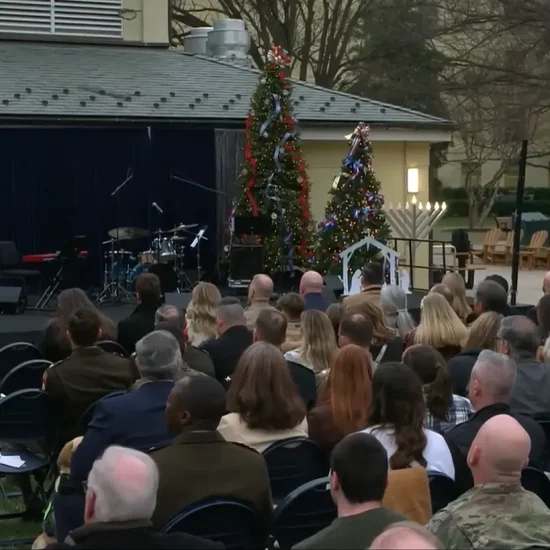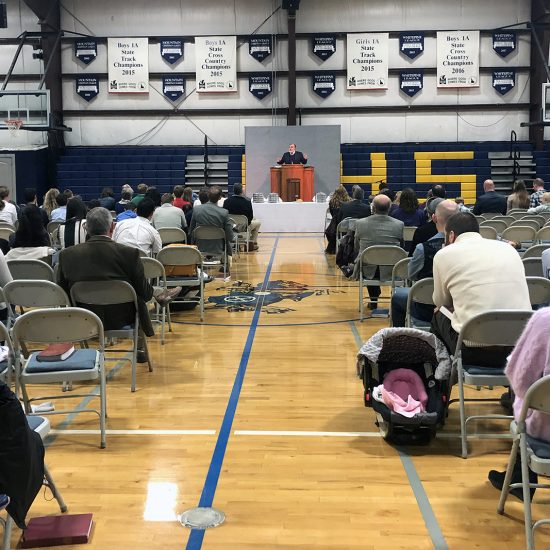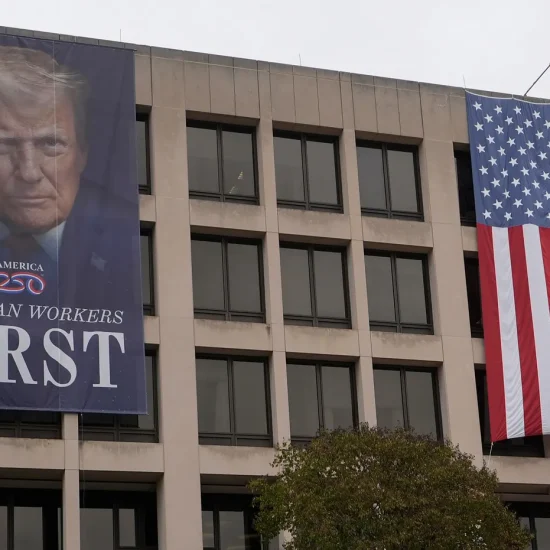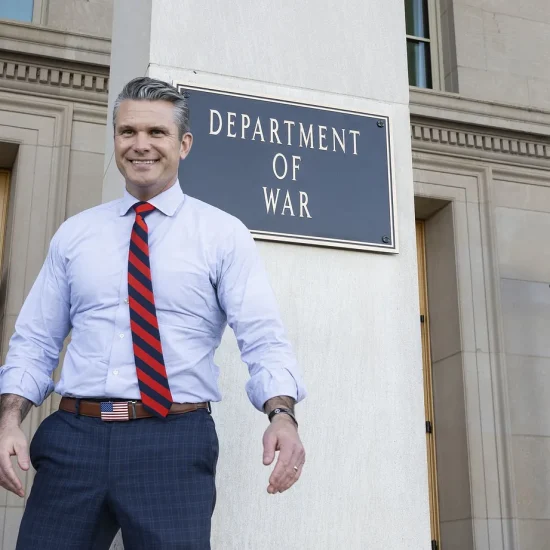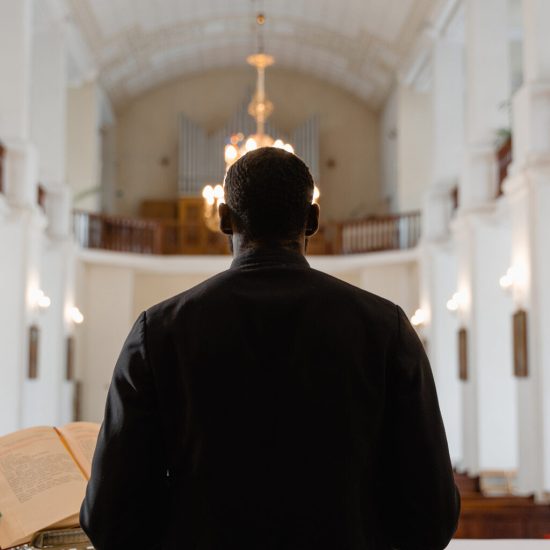
When looking at evangelicals trying to codify their religious beliefs in government today, Dartmouth College historian Randall Balmer likes to ask, “Where have all the Baptists gone?” After all, Baptists used to lead the way in arguing that church and state should be separated. I think of Balmer’s question just about anytime Al Mohler talks about church-state issues.
The president of Southern Baptist Theological Seminary in Louisville, Kentucky, was at it again Thursday (April 28) as he talked on his podcast about an important school prayer case the U.S. Supreme Court heard this week. His remarks not only pushed for more Christian Nationalism but also included a bizarre rant against those who understand that true religious liberty for all requires robust church-state separation.

Brian Kaylor
The justices on Monday heard oral arguments in a case arising from a former high school football coach who sued after his school in Bremerton, Washington, ordered him to stop holding prayer gatherings with students and others on the 50-yard line immediately following games. With some students feeling coerced to attend and with his audible prayers and devotional pep talks suggesting school endorsement of one religion, his district rightly sought to put a stop to the spectacle. They even offered to accommodate the coach so he could pray quietly elsewhere immediately after the game (kind of like Jesus taught).
Mohler in his podcast spent much of his time not on the facts of the case, which he muddled, but on attacking Americans United for Separation of Church and State for representing the school. He said he was “shocked, very shocked” to see them as the attorneys. This use of “very ideological attorneys,” he added, means the school was trying to address “big constitutional questions.” Of course, he didn’t mention that the coach’s attorneys at the First Liberty Institute are, how might we put it, “very ideological” and pushing “big constitutional questions.” And as Mohler himself said during the podcast, the case “may well now set an important precedent.” When the case is invoking big constitutional issues, why wouldn’t the school district have attorneys who specialize in such matters? It’s almost like Mohler’s complaining the school is actually trying to win.
Mohler then cast AU as “anti-Catholic” by noting that it started as Protestants and Other Americans United for Separation of Church and State, with many early efforts designed to stop government funding for Catholic schools. Mohler even implied this history means the group can’t be trusted today to “just be trying to uphold some kind of natural, constitutional balance.” But that’s a particularly weird assertion given all of the things Moher didn’t say, not the least of which is that AU is now a broad coalition of Catholics and those of all religious traditions or no religion. That is, people and organizations can improve. But Mohler omitted that part of the story.
The facts Mohler left out include that Southern Baptists helped start AU, like pastor and former international missionary Edwin Poteat Jr. and pastor and SBC Executive Committee member J.W. Dawson. Southern Baptists helped conceive the organization because of a belief in church-state separation. Where have all the Baptists gone, indeed.
The argument from Mohler, who himself has been called anti-Catholic, is also interesting as it seems to suggest that if a group was started with a sin, then it cannot repent and move away from that. Such an argument implicates the Southern Baptist Convention for its own anti-Catholic advocacy (both in helping start AU and in its own initiatives). Moreover, the idea that an organization cannot shed an original sin is an ironic one for a man who leads a seminary started by enslavers to theologically defend slavery! I believe Southern Seminary is not hopelessly doomed to being a racist, pro-slavery organization — but they do need to make amends for that past. Perhaps people living in glass mansions should be more careful about throwing historical stones.

Albert Mohler, president of Southern Baptist Theological Seminary, gives a report during the Southern Baptist Convention annual meeting in Nashville, Tennessee, on June 16, 2021. (Abbey Sprinkle/Baptist Press)
Mohler used the attacks on AU to advance his real agenda, which is government prayer in public schools. This case is about more than just what happens under the Friday night lights in the state of Washington. Mohler made that clear as he complained that AU and “the Supreme Court and cultural elites” during the last half of the 20th century pushed a “secularistic understanding of the role of the national government.” He claimed this made it “very, very difficult for religious believers” — “Christians in particular” — to practice their faith in public. And what did he offer as an example?
“As in the public schools, where of course you had not only official school prayer ruled unconstitutional, but eventually, as we just saw in this case, you had a high school football coach terminated,” Mohler said.
There it is. Mohler sees as a problem the 1962 Engel v. Vitale decision that prevented coercive government prayers in public schools. But his position is not religious liberty; it’s Christian Nationalism. And opposing such prayers isn’t “cultural secularism” or “decidedly secularist” as Mohler argued. It’s a long-held Baptist understanding. As Roger Williams, the founder of the first Baptist church in North America, put it, “Forced worship stinks in God’s nostrils.”
Where have all the Baptists gone? Some of us are still here. But you apparently won’t find them in the president’s office at Southern Seminary.
Brian Kaylor is president & editor-in-chief of Word&Way. Follow him on Twitter: @BrianKaylor.

